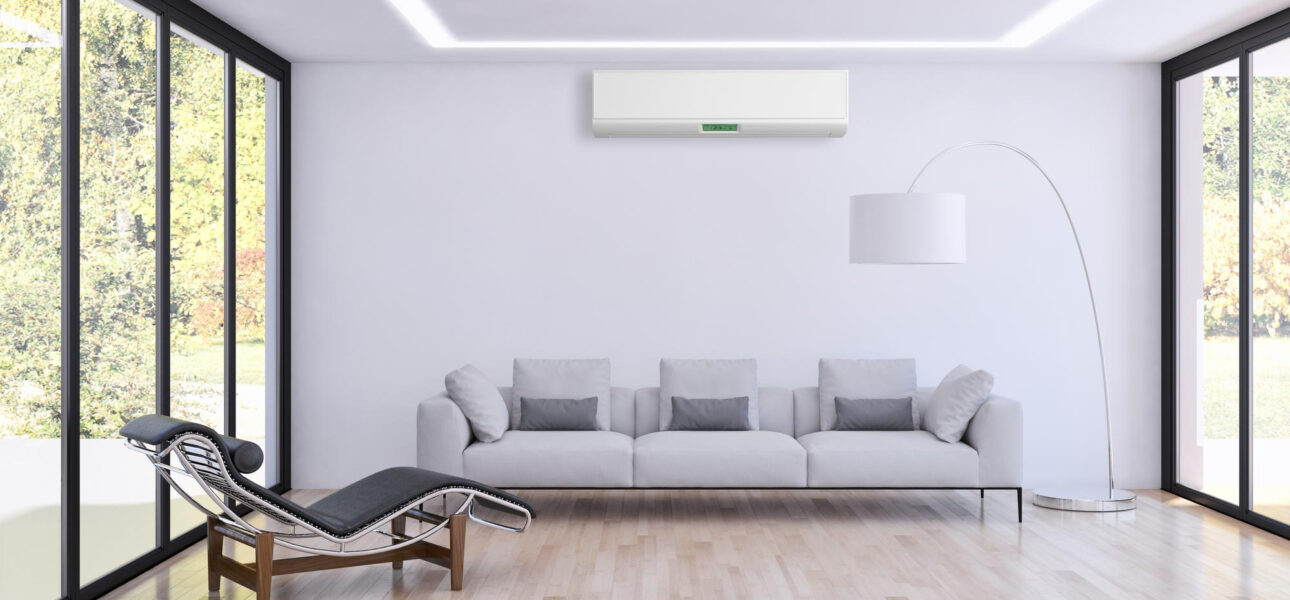Saying that shopping for a home can be overwhelming is an understatement. Buyers must weigh countless factors: location, neighborhood, layout, number of bedrooms and bathrooms, and even proximity to schools. Beyond the obvious, there are also features like storage, amenities, or the finishes on a newly renovated kitchen. Yet, savvy buyers know that some of the most critical details are those that often go unnoticed, such as the roof’s age, the foundation’s stability, and most importantly, the condition of the HVAC system.
The heating, ventilation, and air conditioning (HVAC) system is one of the most vital yet overlooked parts of a home. It directly impacts comfort, indoor air quality, and energy bills. Replacing one is also among the costliest home expenses. If it fails soon after you move in, you may be left facing not just discomfort but a hefty repair or replacement bill. That’s why, before committing to your dream home, it’s essential to take the HVAC system into account.
Identify the Type of System
During showings, take time to identify the type of HVAC in the home. Many properties rely on forced air furnaces paired with central air conditioners, while older homes may only have a furnace. Newer homes may use ductless mini-splits or modern heat pumps, while others might depend on boilers. Some systems combine heating and cooling in one unit, while others keep them separate. Ask about the brand as well, as some are more reliable than others.
Equally important is the power source. Does the system run on gas or electricity? Gas furnaces often cost more to install but offer lower fuel bills, while electric systems are easier and cheaper to set up yet may be more expensive to operate. Knowing the type of system gives you insight into future maintenance, operating costs, and long-term reliability.
Consider the Age and Maintenance History
Age is a critical factor when evaluating HVAC condition. Heat pumps and air conditioners typically last 10–15 years, furnaces around 15–20 years, and boilers up to 30 years. Systems over a decade old are usually far less efficient than today’s models. To determine age, check the unit’s model and serial number.
However, age alone doesn’t always tell the whole story. A well-maintained system may still perform reliably. Always ask for records of installation, tune-ups, filter changes, and repairs. Documentation from a reputable HVAC company can give peace of mind and even support future warranty claims.
Look at Efficiency and Warranties
Beyond age, check whether the system is energy-efficient. Heating systems should have an AFUE (Annual Fuel Utilization Efficiency) rating of 90% or higher, while cooling units should ideally have a SEER (Seasonal Energy Efficiency Ratio) of at least 15. Efficiency not only reduces energy bills but also helps shrink your carbon footprint.
Don’t forget to ask if the HVAC unit is under warranty. Some warranties transfer to new owners, while others do not. Knowing whether repairs or replacements might be covered could save you thousands down the line.
Spot Red Flags
Inspect the system closely for warning signs: rust, corrosion, water marks, uneven airflow, or frequent cycling. Strange noises or unpleasant odors are also indicators of trouble. Walk through the home, check for consistent air flow, and don’t hesitate to turn the system on during a showing. These red flags could be signs of looming repair costs.
Why an Aging HVAC Affects Value
A worn-out HVAC doesn’t just affect comfort — it can also complicate financing. Government-backed mortgages, such as FHA or VA loans, often require homes to meet livability standards. A questionable HVAC can delay approval or even derail financing. Similarly, appraisers may reduce a home’s value if the system is outdated or failing, which can impact your loan amount and purchase negotiations.
Use HVAC as a Negotiation Tool
If the system is older or nearing the end of its lifespan, it can give you leverage in negotiations. Sellers are often willing to replace aging units before closing or reduce the asking price to account for the potential expense. Getting a quote from an HVAC professional can provide real numbers to support your offer. With a skilled real estate agent on your side, you can use this information strategically and secure a fair deal.


